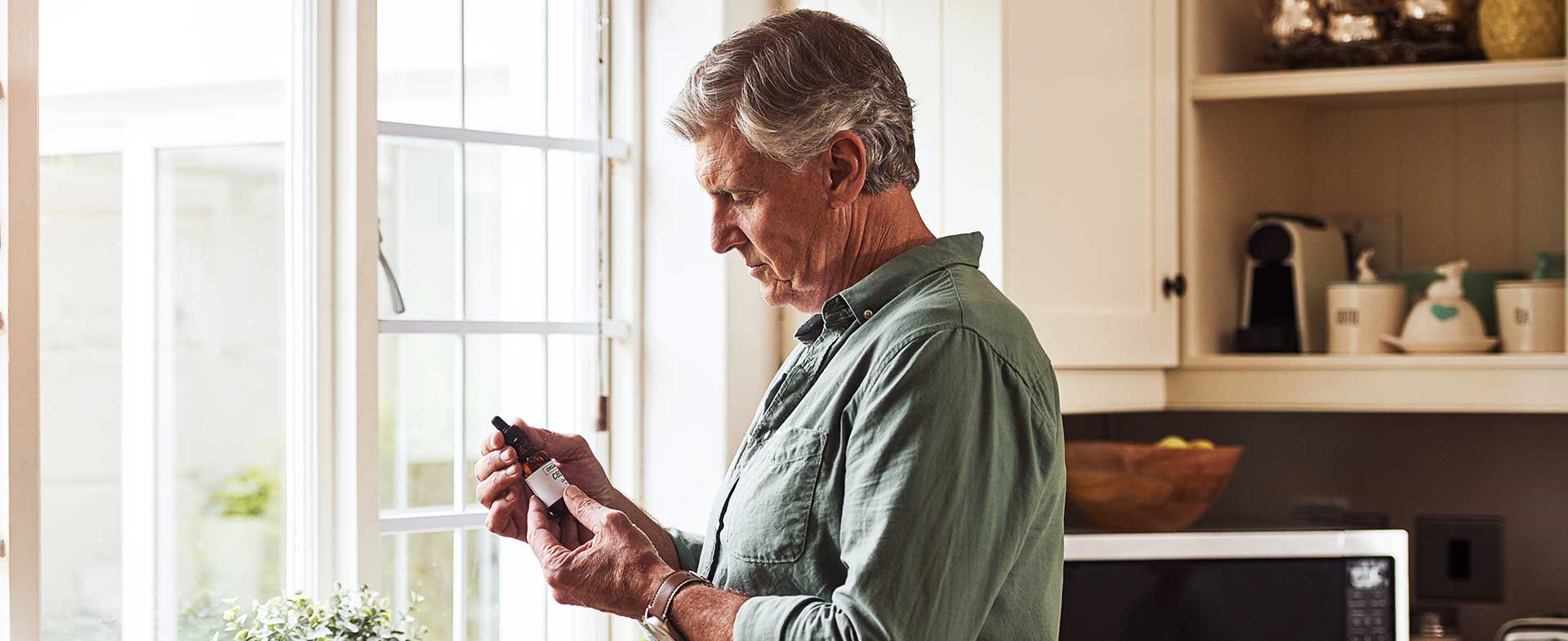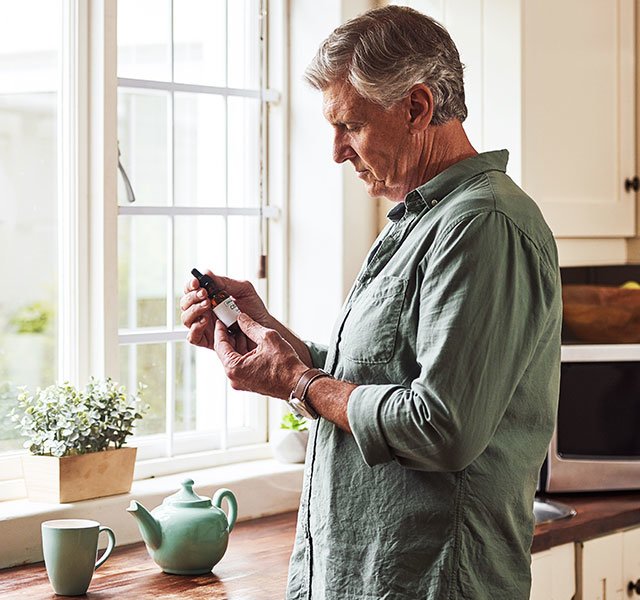With coronavirus numbers continuing to climb, people may be more concerned than before the pandemic about visiting their doctor's office. It’s tempting to try to prevent or treat illnesses at home instead.
Home remedies aren’t new: People have been relying on at-home therapies like vitamin C, zinc and elderberry for decades. "There’s been an increase in people using herbs and supplements to manage health conditions," says Andrea Smith, D.O., a family medicine specialist at Henry Ford Health. "Some of these supplements have good data to support their use as an adjunct treatment for certain health conditions."
Common Home Remedies
There are a variety of home remedies available to treat what ails you. Some are benign (chicken soup), while others can actually be dangerous. When it comes to quieting symptoms, popular options include:
- Essential oils: Produced by distilling oils from the roots, leaves, stems, flowers and bark of plants with steam or water, essential oils have become increasingly popular in recent years. Using the power of plants makes sense — prescription medications such as aspirin, digitalis (used for types of heart conditions) and some cancer drugs are derived from plants. "For the most part, aromatherapy is safe, as long as it's used as a vapor," Dr. Smith says. "Where people run into issues is when they ingest the oils."
- Colloidal silver: Touted for its antibacterial properties, colloidal silver has become the new "it" home remedy for preventing illness. The trouble is, there's no solid scientific data to support its use. "Silver is a metal and ingesting metals can damage the liver," Dr. Smith says. Plus, silver does not have antiviral properties, so if you're turning to the element to treat or prevent COVID-19 or other viral illnesses, you could be doing yourself more harm than good.
- Herbs and spices: Using herbs and spices while cooking is generally safe. "You can also get herbs and spices in tablet form or even as part of a vitamin shot or juice drink," Dr. Smith says. "For the most part, these uses are safe."
Cautionary Notes About Home Remedies
People use home remedies for all sorts of reasons from fighting cancer to preventing COVID-19. They're easy to buy. They don't require a doctor's prescription. And there are plenty of anecdotal reports that various home remedies work.
"Unfortunately, anything that has the power to heal also has the potential to harm," Dr. Smith says. "If you have a question about a natural remedy, talk to your healthcare provider.”
Here are some of the risks inherent with home remedies:
- There's no guarantee of safety: Many home remedies have never been studied, so we don’t know if they actually work. And unfortunately, the Food and Drug Administration (FDA) doesn’t have the manpower to ensure all supplements meet minimum safety standards. The end result: Supplements, including vitamins and minerals, aren't subject to the same rigorous testing as prescription medications.
- They can interact with other medications: Home remedies, especially supplements and homeopathic medicines, can interact with prescription or over-the-counter medications. "It's important to inform your doctor about all of the vitamins and supplements you're taking," Dr. Smith says. "We have a huge database of naturopathic medicines that allows us to look up a particular remedy and assess side effects and drug interactions."
- They can overtax the liver and kidneys: The liver and kidneys are your body’s natural filtration and detox system. "Everything we ingest goes through the liver," Dr. Smith says. When the liver can’t flush out substances, the immune system perceives the rising level of toxins as a threat. The result is inflammation.
Staying Healthy
While there's some research to support home remedies like chicken soup, elderberry and even vitamin C, your best defense against any illness is building a strong immune system. A few surefire strategies:
- Eat a healthy diet.
- Exercise regularly.
- Get sufficient sleep.
Most important, know the signs that require immediate attention. If you’re sick and have difficulty breathing, chest pain or trouble keeping liquids down, reach out to your healthcare provider immediately or visit the emergency room. Safety protocols are in place at hospitals and clinics to ensure the risk of transmission of COVID-19 is very low. Virtual care options are also available if you don’t need to meet with your doctor in person.
To find a doctor at Henry Ford, visit henryford.com or call 1-800-HENRYFORD (436-7936).
Dr. Andrea Smith is a family medicine physician, seeing patients of all ages at Henry Ford Medical Center - Detroit Northwest.



